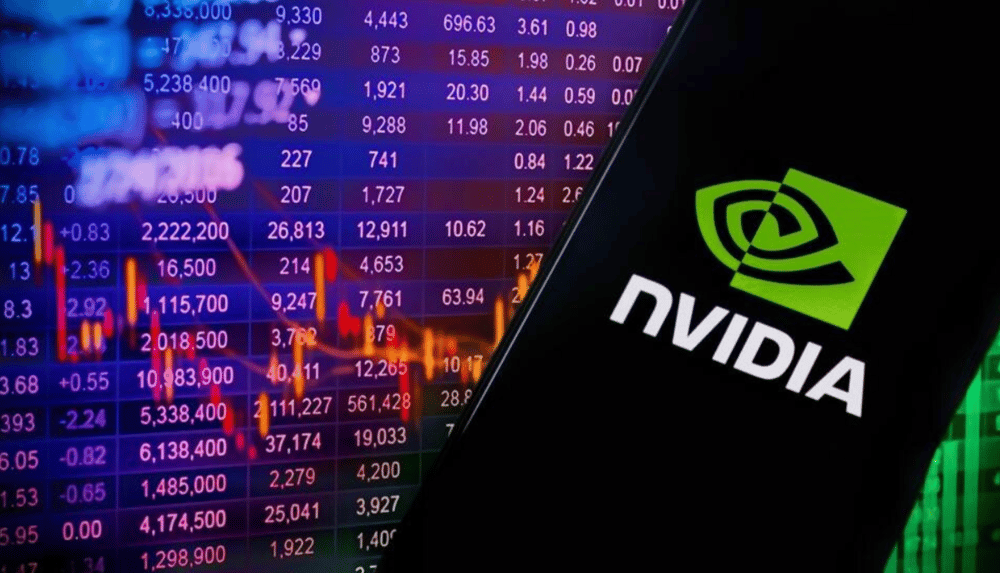American Markets Under Pressure: Wall Street Index Futures Slide amid Nvidia and AMD Turmoil
Wall Street index futures took a sudden downturn on Wednesday, marking a turbulent day for key chipmakers. New U.S. export restrictions on semiconductor products destined for China have intensified the existing trade tensions, putting considerable pressure on the tech sector.
Export Restrictions and Their Repercussions
The latest announcement from the U.S. Department of Commerce introduced new licensing requirements for exporting cutting-edge chips to China. Among those affected are:
- Nvidia’s AI chip H20 $NVDA
- AMD’s MI308 $AMD
These measures have triggered significant losses for Nvidia, which warned of a potential penalty of up to 5.5 billion dollars. This concern was immediately reflected in a 5.2% drop in Nvidia’s stock during pre-market trading. AMD, on the other hand, saw its shares fall by 5.9%.
Shifts in Market Activity
Aside from Nvidia and AMD, other major semiconductor players have also experienced downward trends. For instance, Micron Technology $MU saw its stock decline by 3.5%, while Broadcom $AVGO dropped by 3.1%. The overall market sentiment has turned cautious amid escalating concerns over a prolonged trade war.
Key Observations
- The decline in Wall Street index futures signals rising investor apprehension
- U.S. export restrictions are adding pressure to major chipmakers
- The sharp downturn in Nvidia and AMD stocks highlights the immediate impact of these regulatory measures
- Declines in Micron Technology and Broadcom stocks further underscore the sector’s vulnerability

Forecasts for an Uncertain Future
1. Stricter regulatory measures may force leading companies to rethink their export strategies
2. A contraction in chip exports to China could spark negotiations between governments and corporations
3. Emerging alternative markets may prompt a recalibration of traditional business models
4. Extended investor uncertainty within the high-tech sector may dampen market enthusiasm
5. Global supply chain disruptions remain a potential outcome of escalating trade tensions
Concluding Analytical Insights
The current scenario sheds light on the tech sector’s susceptibility to geopolitical risks. U.S. export restrictions are exerting significant short-term pressure on the share prices of prominent companies such as Nvidia and AMD. The long-term impact of these measures will largely depend on the evolving regulatory landscape and the strategic responses of industry leaders. This development serves as an important indicator of potential future trends in the high-tech arena, where market sentiment is increasingly influenced by regulatory decisions.















Comments
Strategic investments in emerging tech are fueling significant growth and innovation across the industry